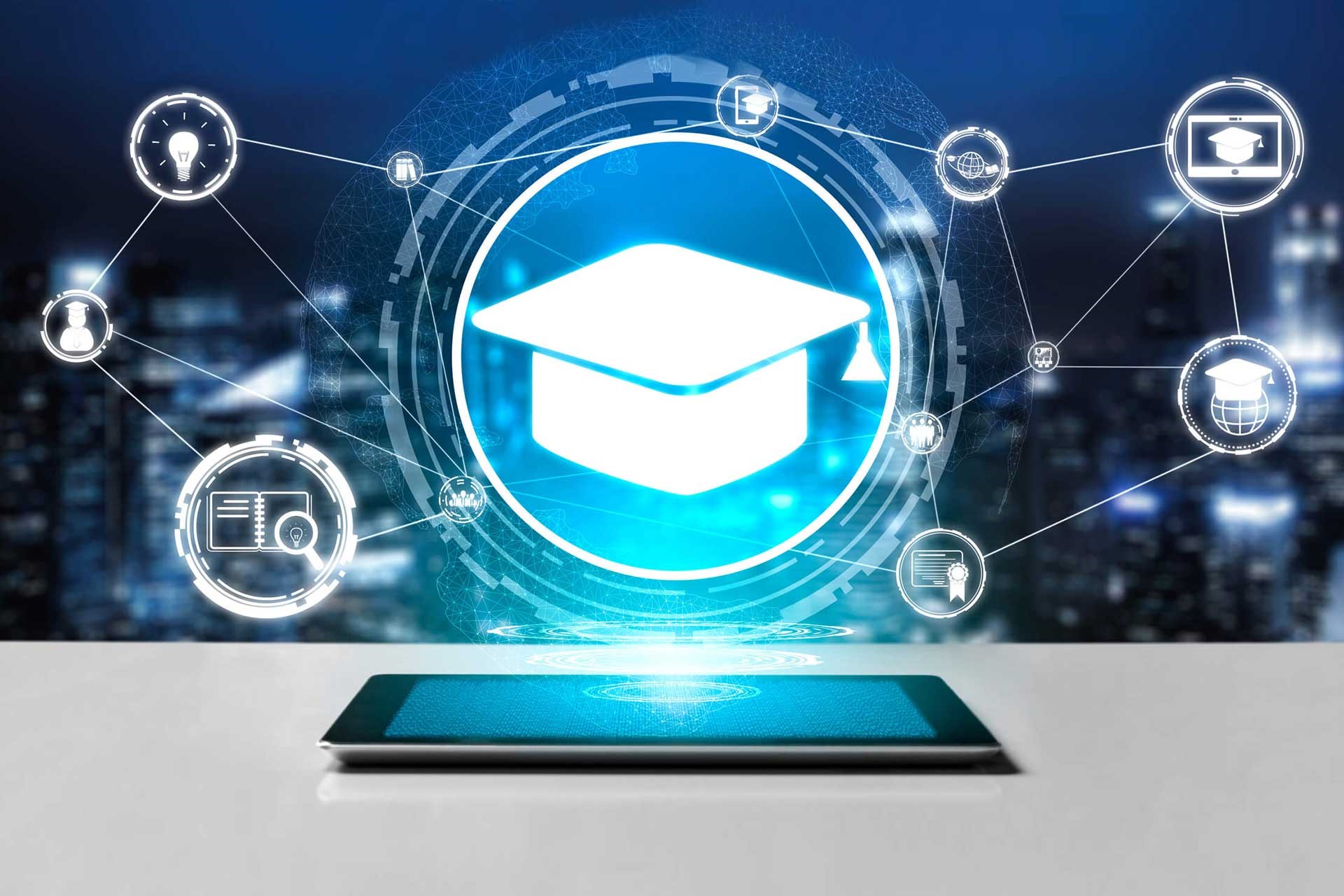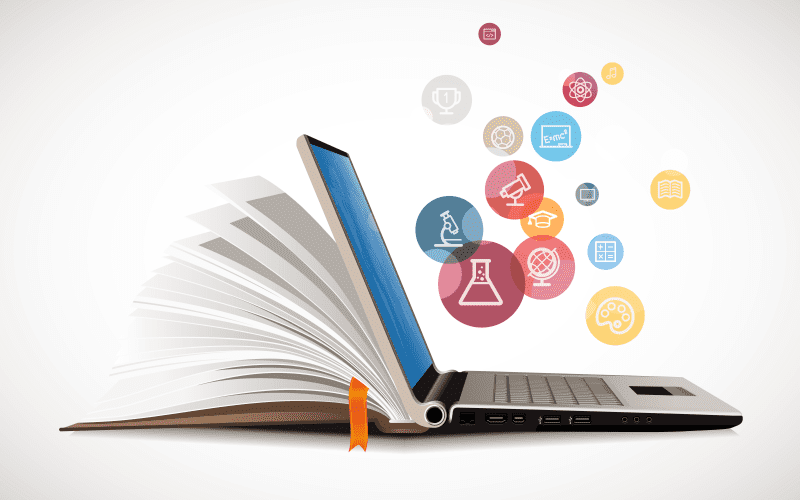Tech Innovations in Education: The Rise of EdTech in 2024
In recent years, the landscape of education has undergone a significant transformation, largely driven by the rapid advancement of technology. As we step into 2024, the rise of EdTech, or educational technology, is reshaping how students learn, educators teach, and institutions operate. This article explores the key innovations in EdTech that are defining the educational experience in 2024, highlighting the trends, tools, and technologies that are making a profound impact.
Personalized Learning through AI and Machine Learning
One of the most significant advancements in EdTech is the integration of artificial intelligence (AI) and machine learning. These technologies are enabling personalized learning experiences tailored to individual student needs. AI algorithms analyze student performance data to identify strengths, weaknesses, and learning patterns. This data-driven approach allows educators to create customized lesson plans and provide targeted support, ensuring that each student can learn at their own pace and style.
Adaptive learning platforms, powered by AI, are becoming increasingly popular. These platforms adjust the difficulty of assignments based on real-time assessment of student performance. For instance, if a student struggles with a particular concept, the system can provide additional resources and practice problems to reinforce understanding. Conversely, if a student excels, the platform can introduce more challenging material to keep them engaged.
Virtual and Augmented Reality
Virtual reality (VR) and augmented reality (AR) are transforming the way students interact with educational content. These immersive technologies offer experiential learning opportunities that were previously unimaginable. In 2024, VR and AR are being widely used across various educational levels and subjects.
In science education, for example, VR allows students to explore complex biological structures or chemical reactions in a 3D environment. History classes can take virtual field trips to ancient civilizations, bringing historical events to life. AR, on the other hand, overlays digital information onto the physical world, enhancing textbooks and classroom materials with interactive elements. This blend of virtual and physical learning experiences makes education more engaging and effective.
Gamification of Learning
Gamification is another trend gaining momentum in EdTech. By incorporating game design elements into educational activities, educators can increase student motivation and participation. Points, badges, leaderboards, and rewards systems are used to create a competitive yet fun learning environment.
Educational games and simulations are proving to be powerful tools for teaching complex subjects. For instance, math-based games can help students develop problem-solving skills, while language learning apps use gamified approaches to improve vocabulary and grammar. Gamification not only makes learning enjoyable but also fosters a sense of achievement and progress.
Online Learning Platforms and MOOCs
The proliferation of online learning platforms and Massive Open Online Courses (MOOCs) has democratized access to education. In 2024, these platforms continue to evolve, offering high-quality courses from leading universities and institutions worldwide. Students can now access a vast array of subjects and disciplines, often at little to no cost.
These platforms are also embracing innovative teaching methods, such as interactive video lectures, peer-to-peer learning, and collaborative projects. The flexibility of online learning allows students to study at their own pace and schedule, making education more accessible to working professionals, remote learners, and individuals in underserved regions.

Blockchain for Credentialing and Academic Records
Blockchain technology is emerging as a solution for secure and transparent management of academic records and credentials. In 2024, educational institutions are increasingly adopting blockchain to issue and verify diplomas, certificates, and transcripts. This technology ensures that academic credentials are tamper-proof and easily verifiable by employers and other institutions.
Blockchain also streamlines the process of transferring credits between institutions, making it easier for students to pursue diverse educational paths. Additionally, it provides a decentralized and permanent record of academic achievements, reducing administrative burdens and enhancing trust in the credentialing process.
Collaborative Learning Tools
Collaboration is a critical skill in the modern workforce, and EdTech is facilitating collaborative learning through various tools and platforms. Cloud-based applications like Google Workspace and Microsoft Teams enable students and educators to work together in real-time, regardless of location. These tools support document sharing, video conferencing, and project management, fostering a collaborative learning environment.
Moreover, social learning platforms and discussion forums encourage peer-to-peer interaction and knowledge sharing. Students can participate in group projects, engage in discussions, and provide feedback to their peers, enhancing their communication and teamwork skills.
Data Analytics for Informed Decision-Making
Data analytics is playing a pivotal role in education by providing insights that inform decision-making at all levels. Educational institutions are leveraging data to improve student outcomes, optimize resource allocation, and enhance operational efficiency. Predictive analytics, for instance, can identify students at risk of dropping out and enable timely interventions.
Teachers can use data analytics to track student progress, identify learning gaps, and tailor their teaching strategies accordingly. Administrators can analyze enrollment trends, attendance patterns, and financial data to make informed decisions about curriculum development, staffing, and budgeting.
The Role of EdTech in Special Education
EdTech is also making significant strides in special education, providing tools and resources to support students with diverse learning needs. Assistive technologies, such as speech-to-text software, screen readers, and communication devices, are helping students with disabilities access educational content and participate in classroom activities.
AI-powered applications can offer personalized support for students with learning disabilities, such as dyslexia or ADHD. These applications provide tailored exercises and feedback, helping students overcome challenges and achieve academic success. Additionally, virtual and augmented reality can create inclusive learning environments by accommodating different learning styles and preferences.
Challenges and Considerations
While the rise of EdTech in 2024 brings numerous benefits, it also presents challenges that need to be addressed. One of the primary concerns is the digital divide, as not all students have equal access to technology and internet connectivity. Ensuring equitable access to EdTech resources is crucial to prevent disparities in educational opportunities.
Privacy and data security are also critical considerations. As educational institutions collect and store vast amounts of data, protecting student information from breaches and misuse is paramount. Robust cybersecurity measures and clear data governance policies are essential to safeguard privacy.
Additionally, the integration of EdTech requires adequate training and support for educators. Teachers need to be proficient in using new technologies and understanding their pedagogical implications. Professional development programs and ongoing support are necessary to empower educators to effectively leverage EdTech in their teaching practices.
Conclusion
The rise of EdTech in 2024 is revolutionizing education, offering innovative solutions that enhance learning experiences and outcomes. From personalized learning powered by AI to immersive VR and AR experiences, gamification, online learning platforms, blockchain credentialing, collaborative tools, data analytics, and special education support, EdTech is reshaping the educational landscape.
As we embrace these technological advancements, it is essential to address challenges related to access, privacy, and educator training. By doing so, we can ensure that EdTech fulfills its promise of making education more inclusive, engaging, and effective for all learners. The future of education is undoubtedly intertwined with technology, and the continued evolution of EdTech will play a pivotal role in shaping the next generation of learners and educators.












